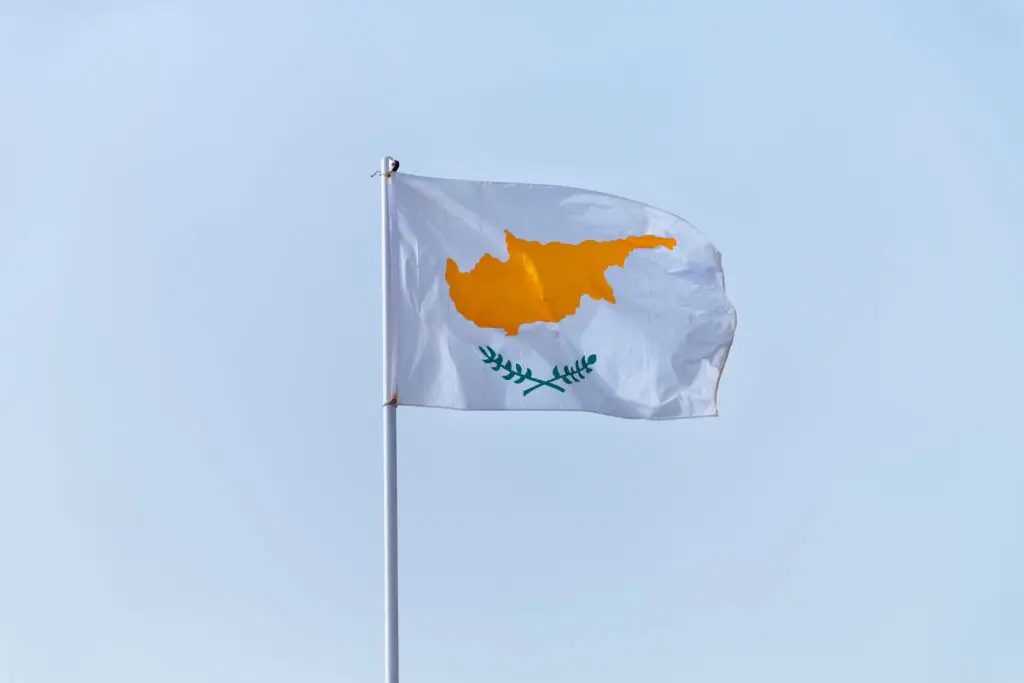HM Revenue and Customs (HMRC) seized business assets from 1,080 UK small firms to settle late tax bills in 2014, according to research by Funding Options.
Sole traders, unincorporated businesses, and partnerships must file their annual self-assessment returns by July 31 and make an up-front payment of 50 percent of their annual tax liability.
Funding Options said that under a power known as “distraint,” HMRC staff can raid business premises without warning and seize goods or assets to cover the value of unpaid tax, penalties, and interest payments without a court order. It added that HMRC often auctions off the seized goods, although in some cases the goods raise less than their market value and HMRC can continue to pursue the business for outstanding arrears.
Conrad Ford, CEO of Funding Options, commented: “Businesses need to be aware that HMRC is much less forgiving of payment problems than it was a few years ago, and having funding in place for tax bills is now absolutely vital for businesses that might struggle to cover such a big lump sum through cash flow. The July 31 tax deadline can be a major pinch point in SMEs’ cash-flow cycles. It is essential they use the remaining days to get sufficient funding in place.”
“Taking control of finances in order to cope with the pressure of tax deadlines is paramount for SMEs that want to remain stable. SMEs need to investigate all the options available for them if traditional lending is difficult for them to secure.”
Source: tax-news.com





